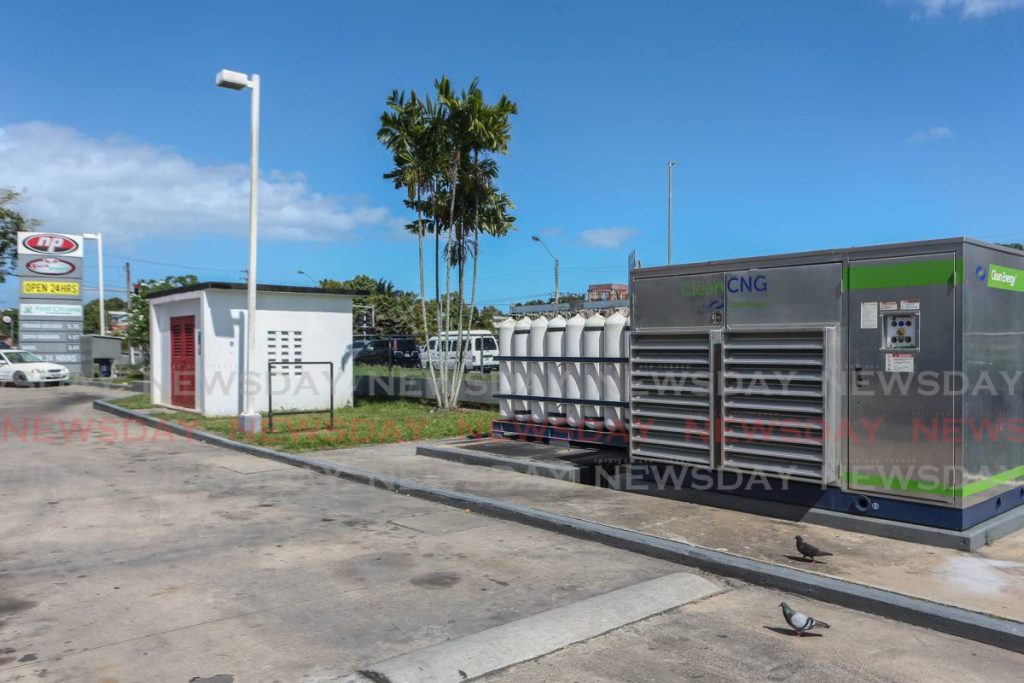Seeing CNG's future in TT

RECENT reports of the unavailability of compressed natural gas (CNG) at some service stations raise the question: are natural gas vehicles still the future?
Some drivers report that there has been no CNG service at fuel stations for months, and in some instances even more than a year. These include the NP stations at Beetham Gardens and Rushworth Street, and the Unipet station at Brentwood, Chaguanas.
However, according to officials of the Natural Gas Company (NGC), there isn’t a shortage. They say CNG is accessible at 21 stations across TT – four of which are under construction and will be open at the end of this year, while nine are operating and accessible. While some stations are down, these are due to upgrades and repairs.
Be that as it may, there are other problems.
The president of the Petroleum Dealers Association Robin Narayansingh says service-station owners are sometimes left with a monthly electricity bill, at industrial rates, of over $20,000, without enough CNG customers to pay for it. Dealers are calling on a subsidy for electricity to such service stations if the Government would like to keep the greener, eco-friendlier CNG option open to users.
No doubt such a subsidy would be welcomed for more reasons than one. The pandemic has affected overall economic activity and, combined with measures designed to reduce car imports, this is likely to have an impact on the sale of car fuel for some time.
But is it correct to suggest, as some have, that we should give up on CNG entirely? Particularly because the world seems to have leapfrogged from CNG to sexier green options such as electric cars? The first Tesla arrived in Trinidad five years ago. NGC is opening a $30 million station powered by 320 solar photovoltaic panels at Preysal, Couva, later this month.
But while the global and local markets may be moving in a certain direction, there are still a considerable number of CNG vehicles in TT, with one estimate putting the number at 7,000.
That’s a drop in the bucket of overall ownership – there are over a million vehicles on TT's roads – and clearly progress is not being made fast enough.
However, considerable resources have been pumped into CNG conversion and service stations, while revenue has been forgone, given fiscal incentives used to encourage CNG conversion and ownership over decades. CNG also looks to remain the cheapest option available. Globally, natural gas vehicles still remain popular, with 23 million of such vehicles all over the world.
So is there merit in the idea that CNG remains an important bridge to changing habits, shifting the focus away from gasoline? Or should the State scrap its approach and jump straight to the electric option?
We think the answer is that there must be a bit of both. If the overall objective is to reduce the carbon footprint of vehicles in this country, there’s no reason why the State should be forced to choose. Let us have both electric and CNG cars on our streets.


Comments
"Seeing CNG's future in TT"